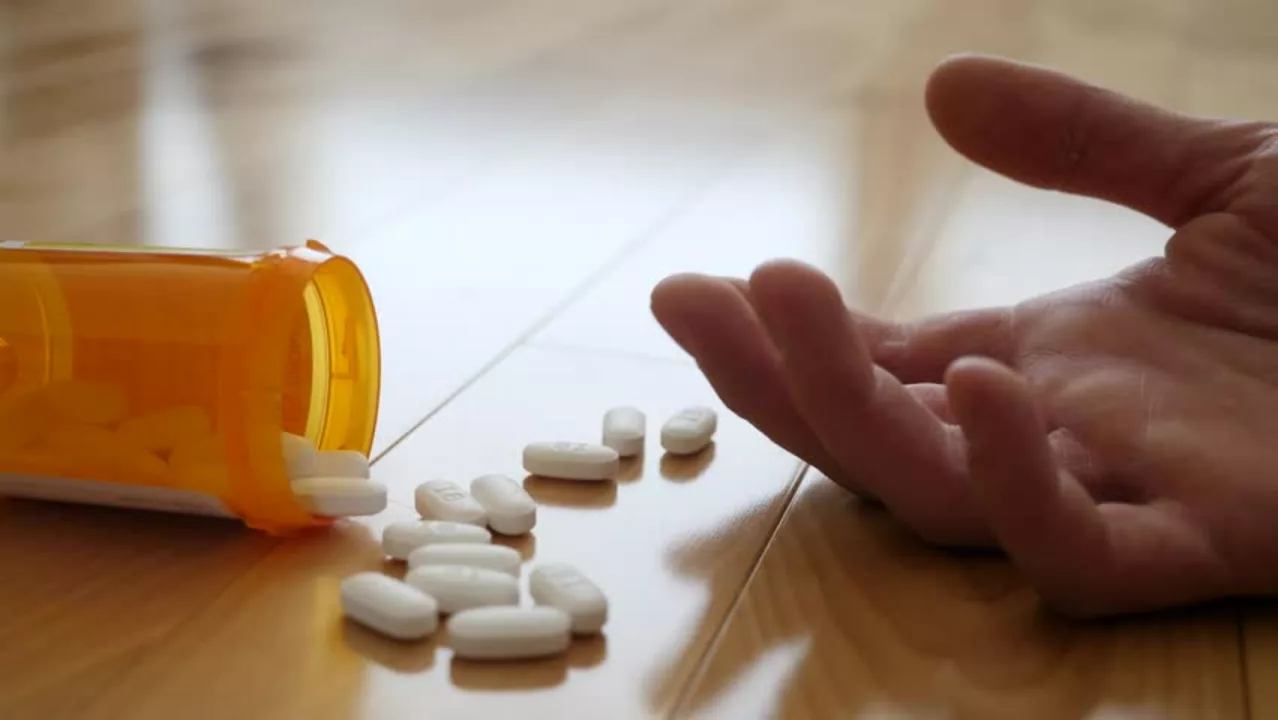In my recent exploration, I've delved into the role of Ribociclib in treating male breast cancer. This innovative drug works by inhibiting the division and growth of cancer cells, helping to stop or slow the disease's progression. It's shown promise in clinical trials, even in cases where traditional treatments have fallen short. This could be a game-changer for men who are often overlooked in breast cancer research. The potential of Ribociclib shows us that we are making strides in the right direction in cancer treatment.
I recently came across a study that examined the impact of Bethanechol on sleep quality and nocturia. It turns out that this medication can actually improve sleep quality by reducing the frequency of nighttime urination. Nocturia, or the need to urinate during the night, can be a major disruptor of a good night's sleep. So, by addressing this issue, Bethanechol has the potential to make a significant difference in our overall sleep experience. If you suffer from nocturia, it might be worth discussing the use of Bethanechol with your healthcare provider to see if it could benefit your sleep quality.
As a blogger, I've recently come across the topic of Bepotastine and its role in treating chronic urticaria. For those who may not know, chronic urticaria is a skin condition characterized by the appearance of hives, itchiness, and redness. I've found that Bepotastine is an antihistamine that helps alleviate these symptoms by blocking histamine release, which is responsible for the allergic reactions in our body. Many studies have shown Bepotastine to be effective in reducing the severity and frequency of chronic urticaria flare-ups. Overall, it's great to know that there are medications like Bepotastine that can provide relief to those suffering from this frustrating and uncomfortable skin condition.
As someone who's researched Azathioprine overdose and toxicity, I can tell you that it's essential to be cautious with this medication. Azathioprine is an immunosuppressive drug often prescribed to treat autoimmune diseases and prevent organ transplant rejection. However, taking too much can lead to severe side effects like bone marrow suppression, liver damage, and even life-threatening infections. To avoid these risks, it's crucial to follow your doctor's dosage recommendations and monitor any side effects closely. If you suspect an overdose, seek immediate medical attention to prevent severe complications.


